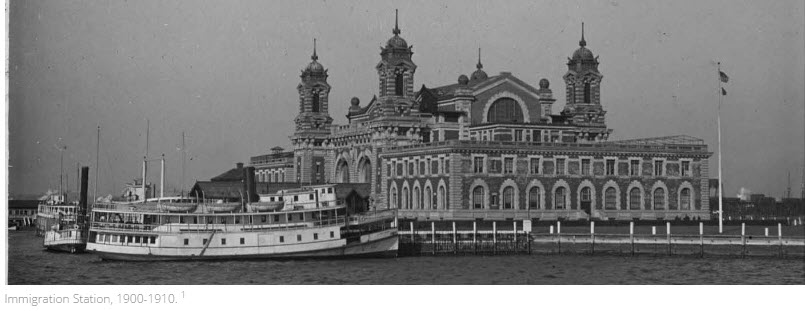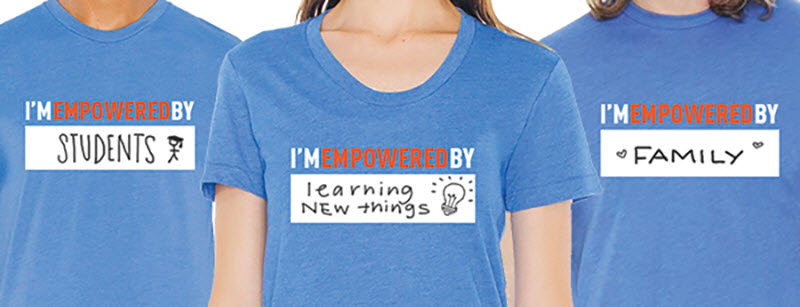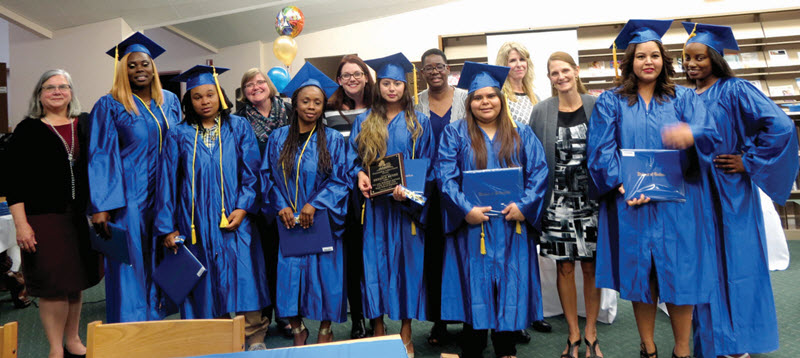| By Debra Kirby |
On April 22, Earth Day will be observed by more than a billion people in nearly 200 countries, making it the world’s largest civic observance. The first Earth Day was held in 1970, a year I remember well. I had recently moved to a smaller high school where the student body was less diverse and more conservative. When I found out that my new school had no plans to mark the important occasion, I gathered a few like-minded friends and, with a sense of righteous indignation, we marched out to the parking lot to pick up trash! Not the most impactful way to celebrate the first ever Earth Day, but the effort apparently helped cement my reputation as a “rebel egg head,” as I learned years later when I was introduced as such to more than one former classmate’s spouse at our 20th high school reunion.
Many years later I can’t recall much about that day or even, now I think of it, the history behind Earth Day. But having access to Gale’s rich database content, I recently set out to educate myself. Here’s what I found:
- The concept for Earth Day began with United States Senator Gaylord Nelson, a Wisconsin Democrat, who in 1969 proposed a series of environmental teach-ins on college campuses across the nation. Hoping to satisfy a course requirement at Harvard by organizing a teach-in there, law student Denis Hayes flew to Washington, DC, to interview Nelson, who persuaded Hayes to drop out of Harvard and organize the nationwide series of events. (Science In Context)









